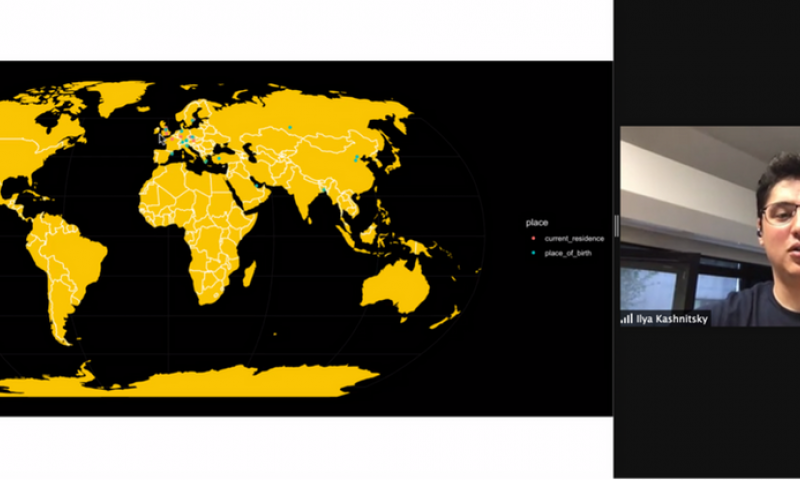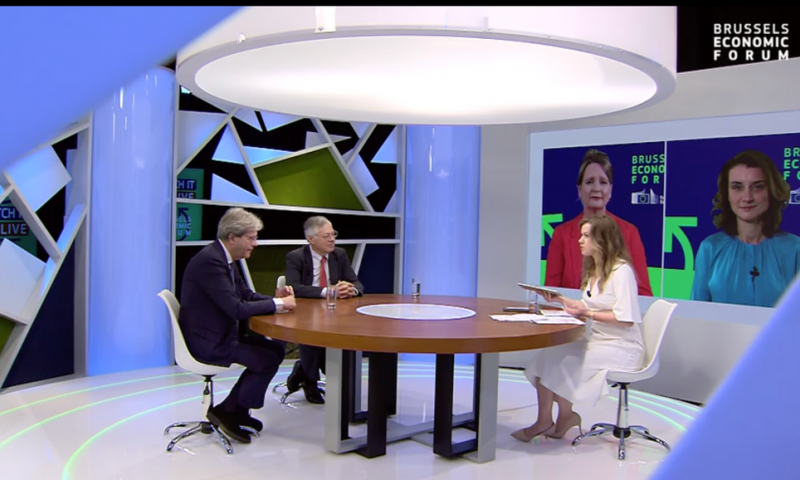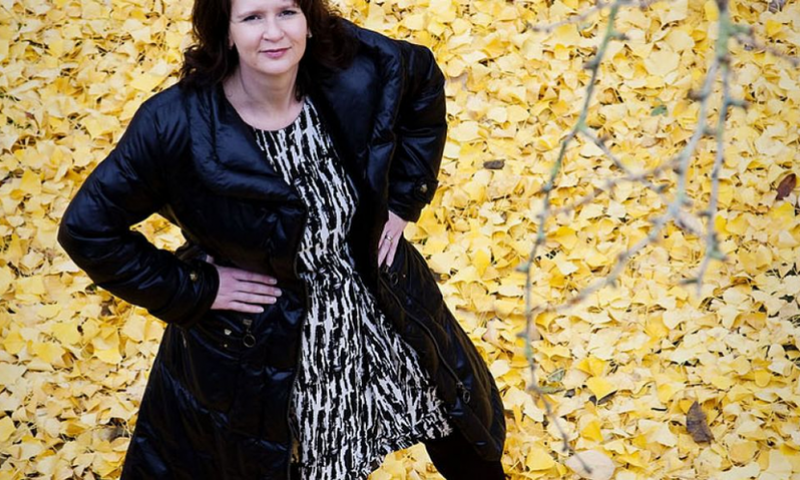
10 Aug 2021
Revealing all? What people choose to disclose about their sexual identity on Facebook
What people do not say can be as interesting as what they do, says Leverhulme Centre for Demographic Science Associate Professor Dr Ridhi Kashyap. Along with Connor Gilroy of the University of Washington, the Oxford demographer has been studying the disclosure of information on Facebook linked to sexuality in the United States.

20 Jul 2021
Oxford Sociology and LCDS invite Expressions of Interest in MSCA Postdoctoral Fellowship scheme 2021
The Marie Skłodowska-Curie Actions (MSCA) Postdoctoral Fellowship scheme is now open and Oxford Sociology and the Leverhulme Centre for Demographic Science (LCDS) are inviting Expressions of Interest (EOI) to participate. The fellowships foster excellence in research and support researchers’ careers.








